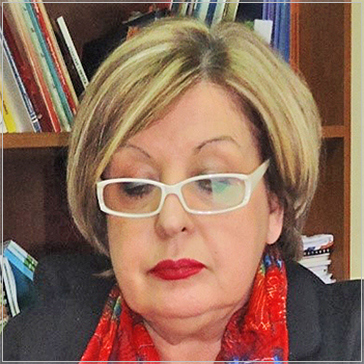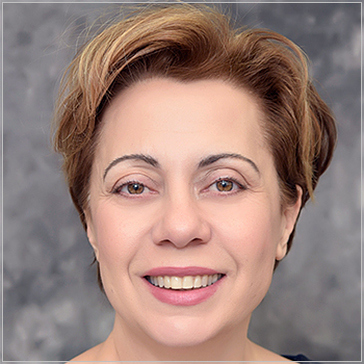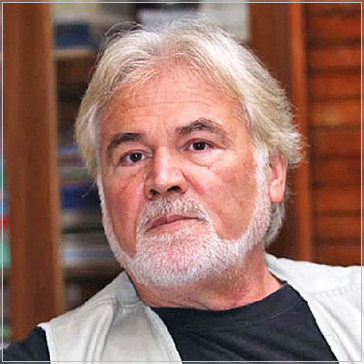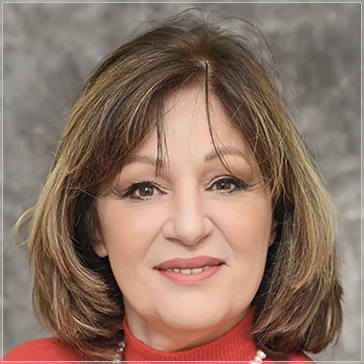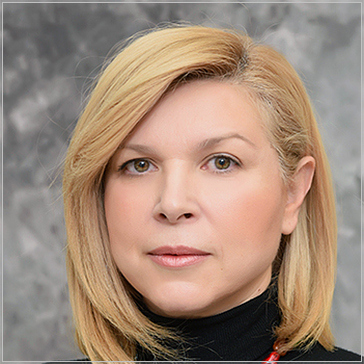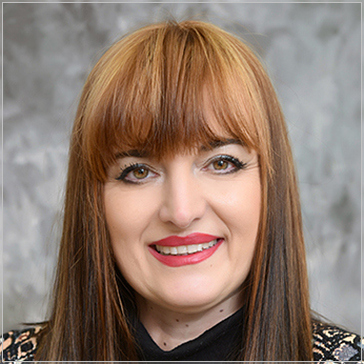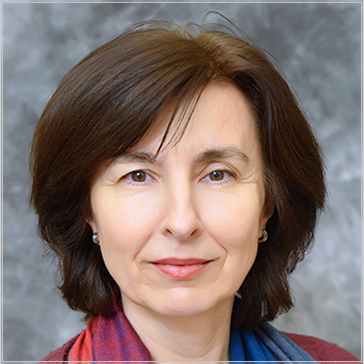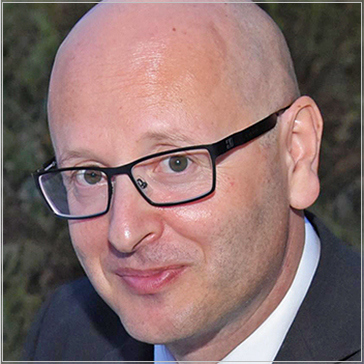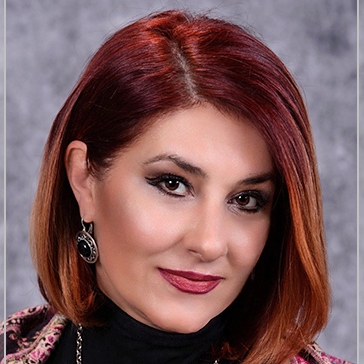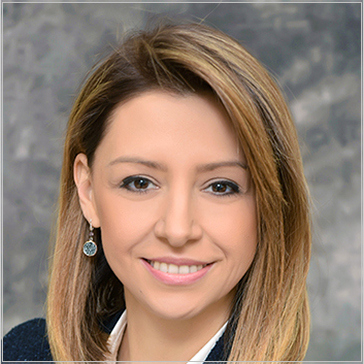Institute of Pedagogy
The Institute of Pedagogy is one of the oldest institutes at the Faculty of Philosophy in Skopje, with a focus on teaching and academic research in the study of pedagogy. It should be noted that from the very start of the founding of the Faculty of Philosophy, in 1920, upon enrollment, the students had the following courses at their disposal: Literature, Linguistics, History, Philosophy, and Pedagogy. These disciplines serve to illustrate the structure of the Faculty itself, and they eventually evolved into three of the oldest Departments at the Faculty of Philosophy: Philosophy, History, and Pedagogy.
Politics (national and social), imposed on the Macedonian people, by various parties and for various reasons, have left a mark on their national, social, cultural, and above all, educational growth. A country like Macedonia, with a long-standing tradition and a history of Slavic literacy, found itself with 75% of its population illiterate following its liberation. As a result, at the start, what Macedonia needed the most were teachers, a fact which can be linked to the opening of the studies in Pedagogy at the Faculty of Philosophy in Skopje in 1946. In the first three years, the studies in Pedagogy functioned together with those in Philosophy, and from the academic year 1949/50, the studies in Pedagogy grew into a separate Department of Pedagogy, which exists up to the present day as a separate unit at the Faculty of Philosophy in Skopje.
The academic year 1978/79 is the year when the Department of Pedagogy grew into an academic group of study in Pedagogy, and ten years later it became the Institute of Pedagogy.
The first study program curriculum, which lay the foundations of the studies in pedagogy, contained academic disciplines from four disciplines in education and teaching: pedagogy, psychology, philosophy, and general knowledge. It consisted of 16 courses, out of which, only six were pedagogical in nature. This curriculum aimed to prepare primary and secondary school teachers, as well as teaching professionals in those institutions connected with education.
The Institute of Pedagogy took active participation in the implementation of the principles of the Bologna Process. The course and study curricula were revised, updated and based on the European Credit Transfer System.
As a result, the Institute of Pedagogy at the Faculty of Philosophy now has at its disposal a wide array of technical equipment, which enables the organization and realization of modern classes. In that context, a number of measures and activities were undertaken in the creation of a new study curricula and programs founded on the principles of the Bologna Process, which enable effective and efficient implementation of the European Credit Transfer System. This concept affords the students more active and dynamic studies, ongoing assessment and evaluation of their work and activities, as well as options in terms of streams and courses.
Besides studies at the undergraduate level, the Institute of Pedagogy also offers studies at the post-graduate and doctoral level, established along the same principles.
Due to the ongoing analyses and an open mind to changes, the studies in pedagogy are subject to constant reforms in terms of their structure and organization. Generally speaking, this is mainly aimed toward improvements and modifications of the original curriculum, as well as toward meeting the needs of social growth and the results of the advances in pedagogy and its related spheres.
Besides the initial preparation of pedagogues, and kindergarten and primary school teachers, the Institute of Pedagogy also offers a pedagogical and methodical additional qualification for secondary school teachers who have a degree from Faculties without a teaching qualification, in all disciplines. A number of candidates have received this qualification, and are now successful teachers in primary and secondary schools throughout the Republic of Macedonia.
The first generation of professors at the Institute of Pedagogy made significant contribution in setting the foundations for the realization of the activities of the Institute, among whom: Risto Kantardžiev, PhD (1950-1983); professor Anatolij Damjanovski (1954-1988); professor Ljupčo Koprovski (1959-1990); Branko Petrovski, PhD (1961-1963 and 1973-1987); Gjorgji Delčev, PhD (1966-1987); and Borivoj Samolovčev, PhD (1975-1985). Other professors from that first generation who were also important in the development of the studies in pedagogy were: Kiril Kjamilov, PhD (1946-1953); Branko Veljković (1951-1960); Vladimir Spasić, PhD (1958-1967), Nikola Popovski (1961-1964), and the teaching assistant Klime Džambazovski. In addition, we may mention the following professors for their contributions in the growth of the Institute of Pedagogy: Nikola Petrov, PhD; Natka Micković, PhD; Kiro Kamberski, PhD; Blagorodna Lakinska, PhD; Marija Kostova, PhD, and Snežana Adamčeska, PhD. The faculty of the Institute of Pedagogy at the Faculty of Philosophy in Skopje displayed significant activity and engagement in the spheres of social and public life, and as such, professor Blagorodna Lakinska, PhD, was director of the State Education Inspectorate at the Ministry of Education; then, professor Zoran Velkovski, PhD, was director of the Bureau for Development of Education of the Republic of Macedonia, while professor Jasmina Delčeva – Dizdarević was general director of the Employment Agency of the Republic of Macedonia. In addition, the faculty of the Institute of Pedagogy have also greatly contributed in the work of the cultural and educational institutions, in the professional and academic associations, as well as in a number of councils and boards. Two Ministers of Education in the Republic of Macedonia came from the Institute of Pedagogy: professors Anatolij Damjanovski and Ljupčo Koprovski. Professor Anatolij Damjanovski and professor Zoran Velkovski, PhD, were Vice-Chancellors of the “Ss Cyril and Methodius” University. The Institute of Pedagogy has also had members of its faculty as Deans of the Faculty of Philosophy, namely: professor Risto Kantardžiev, PhD; professor Branko Petrovski, PhD; and professor Ljupčo Koprovski, PhD; as well as Vice-Deans: professor Risto Kantardžiev, PhD; professor Anatolij Damjanovski, Kiro Kamberski, PhD; professor Snežana Adamčeska, PhD; professor Blagorodna Lakinska, PhD, professor Nataša Angeloska – Galevska, PhD; professor Lena Damovska, PhD, and a President of the “Ss Cyril and Methodius” University Senate – professor Aneta Barakoska, PhD.
At present, the teaching staff at the Institute of Pedagogy includes 12 professors: Marija Tofović Ćamilova, PhD; Nataša Angeloska Galevska, PhD; Zoran Velkovski, PhD; Jasmina Delčeva – Dizdarević, PhD; Lena Damovska, PhD; Vera Stojanovska, PhD; Aneta Barakoska, PhD; Suzana Miovska – Spaseva, PhD; Borče Kostov, PhD; Elizabeta Tomevska Ilievska, PhD; Alma Tasevska, PhD, and Elena Rizova, PhD.
Thanks to the high standards of the Institute of Pedagogy, its professors are actively involved in the formation of national educational policies through the creation of significant strategic documents in the fields of teaching and education. A number of projects have been carried out, and numerous contacts have been made, as well as collaboration with many sponsors and institutions in the country and abroad. This collaboration is expected to increase and become even stronger in the upcoming period. The Institute of Pedagogy is continuously focusing its activities toward dealing with contemporary pedagogical issues, which represent a basis and a guarantee for new research and a contribution to modern pedagogical theory and practice.
Teaching Staff
ECTS Coordinator/Librarian:

Tatjana Dichovska
Senior Library Associate
Phone: +389 2 3116 520 ext. 215
Email: tatjanad@fzf.ukim.edu.mk

